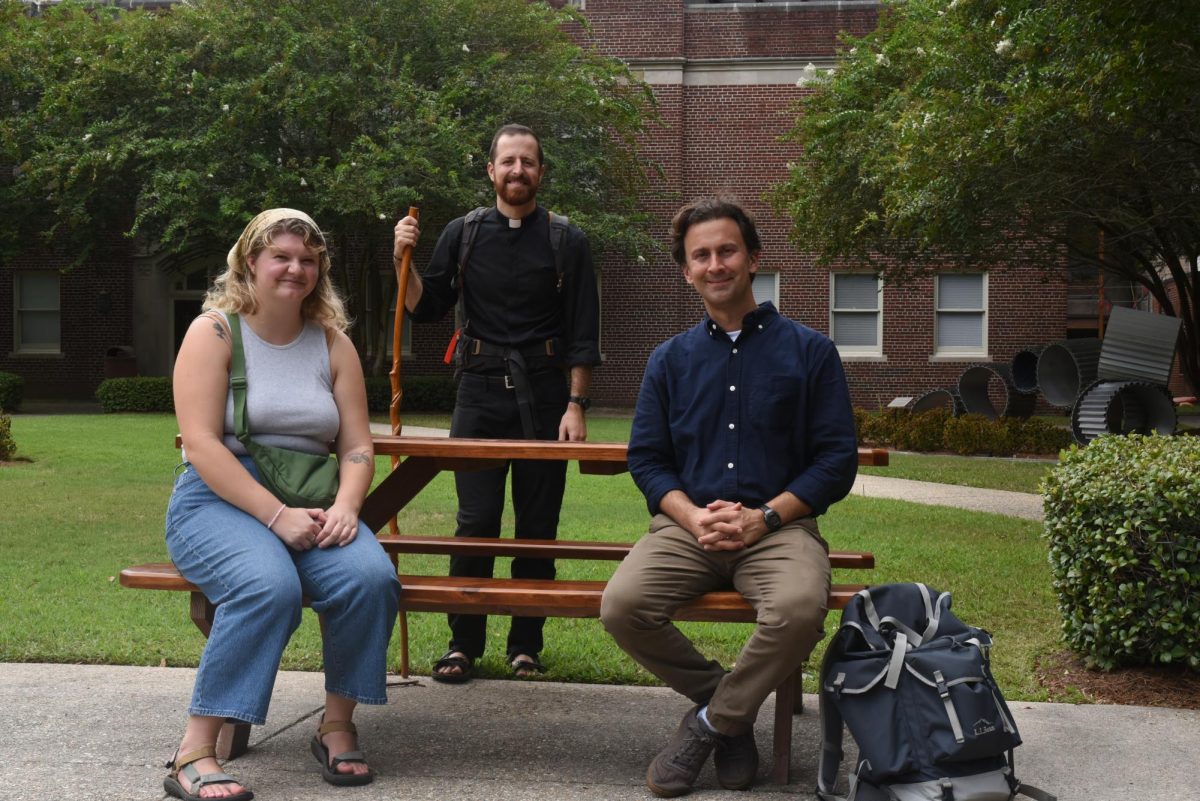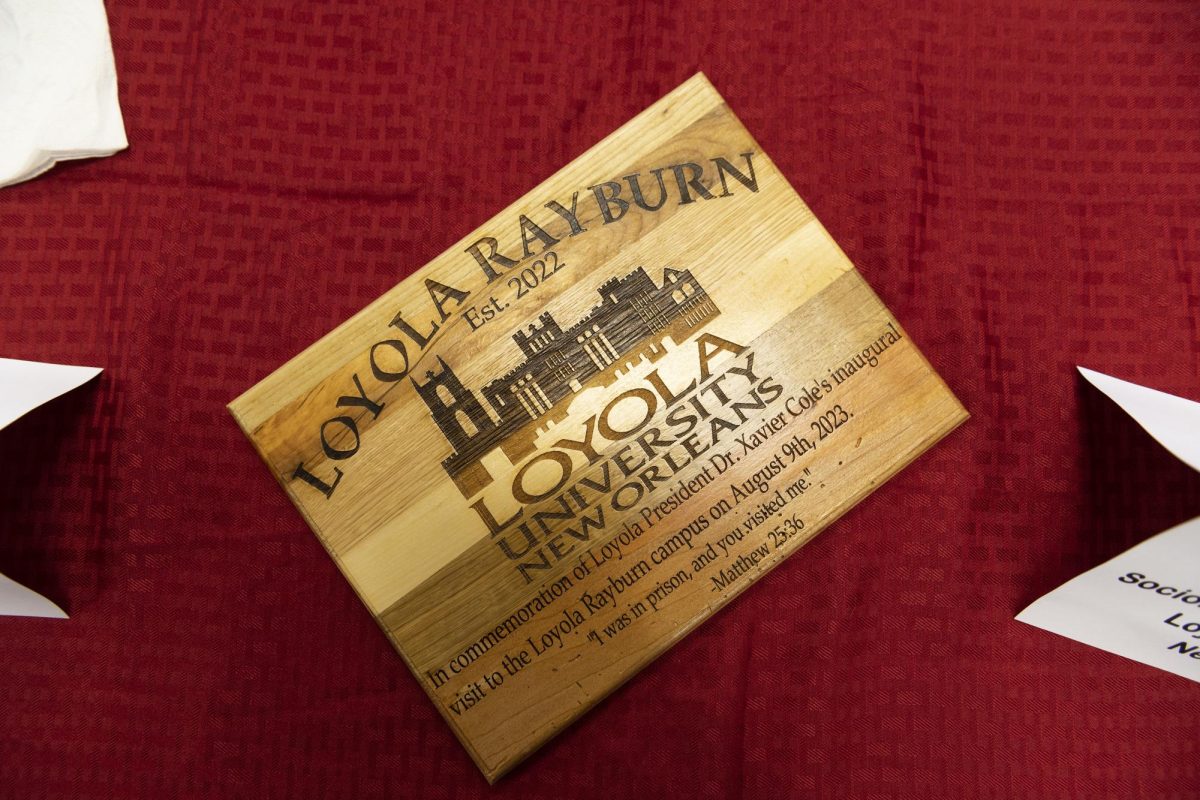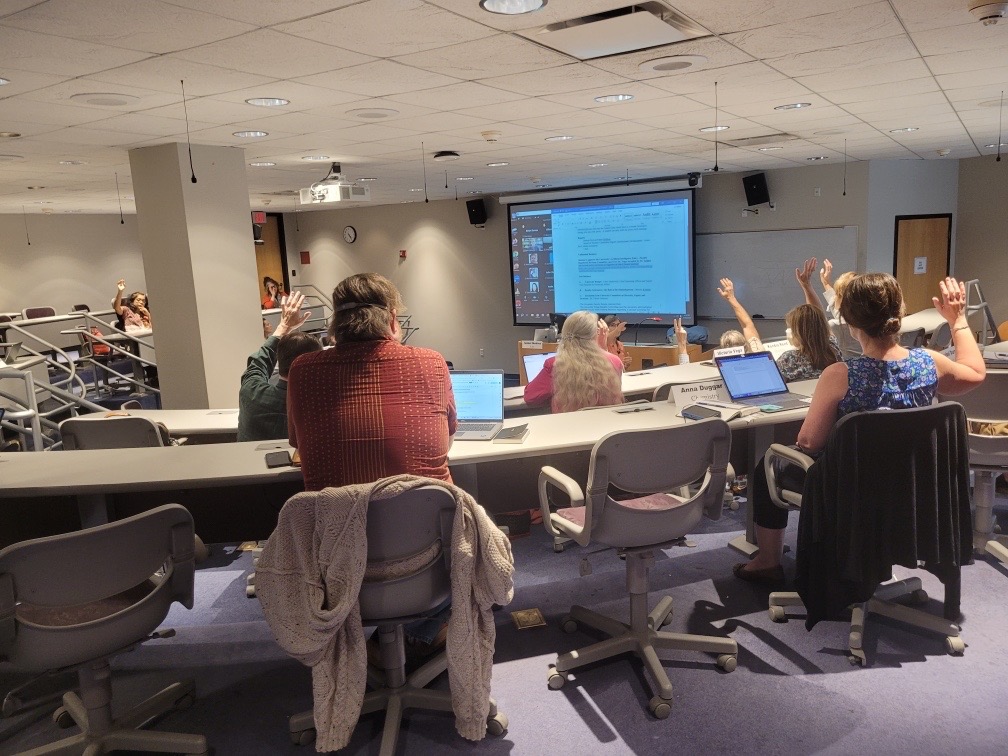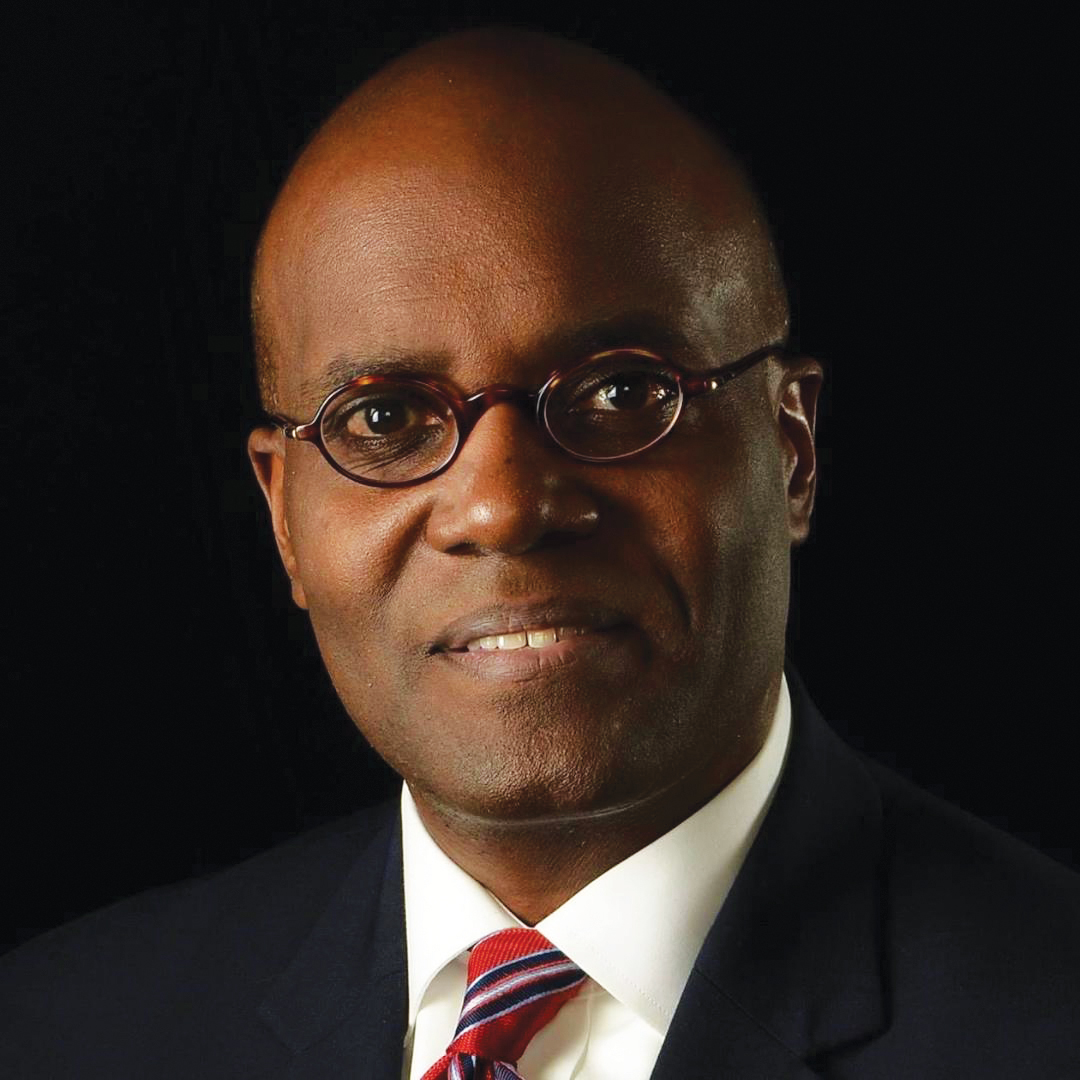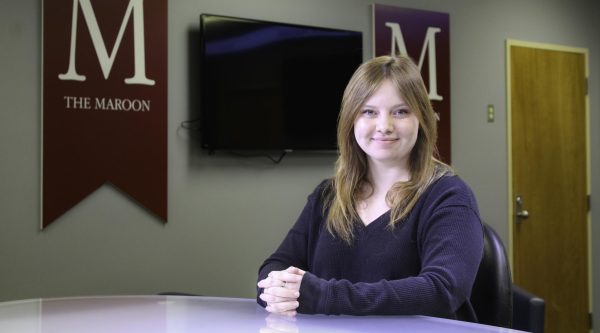January Term is an optional two-week learning experience for Loyola students looking to earn more credits or travel abroad without leaving for an entire semester.
Each of these courses are worth the 3-credit hours of most semester-long courses, but they are more fast-paced due to being condensed into a two-week timeframe.
There are six available J-Term study-abroad programs this year to travel to London, Sicily, India, Spain, Costa Rica, and Thailand. These programs will offer different credits to fulfill necessary courses in students’ Loyola Core, including writing about literature, philosophy II, religious studies, or special topics in international business, depending on the program.
Philosophy instructor and Catholic Studies Director of Faith Formation Joshua Hinchie, S.J., will teach a class called “In the Footsteps of Ignatius,” as a religious studies requirement.
Hinchie said this is a faculty-led study abroad course in Spain, in which students and faculty will be walking 150 miles of the Camino Ignaciano, the pilgrimage route St. Ignatius of Loyola traveled as he discovered his calling from God.
“My hope is that by experiencing firsthand the steps of Ignatius’s spiritual journey, students will be helped in their own spiritual journey,” Hinchie said.
According to Hinchie, J-Term courses abroad often provide a more affordable study abroad option than semester-long programs. He added that students get a more intense, immersive experience in one particular topic than they would if they were taking five different courses at once during a semester.
Hinchie previously taught a full term course on St. Ignatius, but believes the course will be more beneficial now as an abroad J-Term.
“It was fine, but the trouble is, St. Ignatius’ ideals and spirituality aren’t meant to be taught in a classroom; they’re meant to be lived,” he said.
History junior Andrea Norwood took Asian pop music and global culture online in January 2023.
Norwood said they really enjoyed the J-Term course they took due to their interest in the subject, even though it only counted as an extra elective for them instead of part of their core.
Abroad courses mostly fulfill the Loyola core, unlike other J-Term courses, which fulfill elective or major-required courses. This year, new classes will be available, such as beer brewing, a class previously only offered in the summer.
The variety in courses was something Norwood noted as a plus with J-Term offerings.
“The fact that the classes are very short and specific can allow students to really dive deep into topics that interest them,” Norwood said.
One drawback Norwood said they had with their course was the Zoom meetings.
Some J-Terms do not spend the entire allotted time in a Zoom meeting, but theirs did. That means that they were in class from 1 p.m. to 5 p.m. every weekday for two weeks.
“It didn’t end up bothering me too much, but I definitely see how that can become a problem for some people,” Norwood said.
They added that even after four hours in class, they still had to spend an hour or more working on the homework for the next day, making the course a time commitment.
“Be aware of the amount of time you may have to spend in class and decide if that is a learning environment that works for you. Sometimes it’s impossible to be picky, but make sure you are able to dedicate a significant chunk of your day to just learning about the topic of the class,” Norwood said
Norwood also noted that the fast-paced class was challenging and could be for other students as well.
“The fast-paced nature of the class might also be difficult in a more academically rigorous class — the final exam definitely sneaks up on you,” Norwood said.
Price was another issue Norwood faced with the J-Term courses.
J-Term courses have a rate of $740 per credit hour, with most courses filling 3 credit hours, totaling $2,220 per course.
The only free J-Term courses Loyola offers are in diversity, equity, and inclusion, and these classes are filled on a first-come, first-serve basis.
Norwood said that while J-Term courses are beneficial, due to the cost, Norwood only recommends them for students who need to earn credits quickly to graduate.


